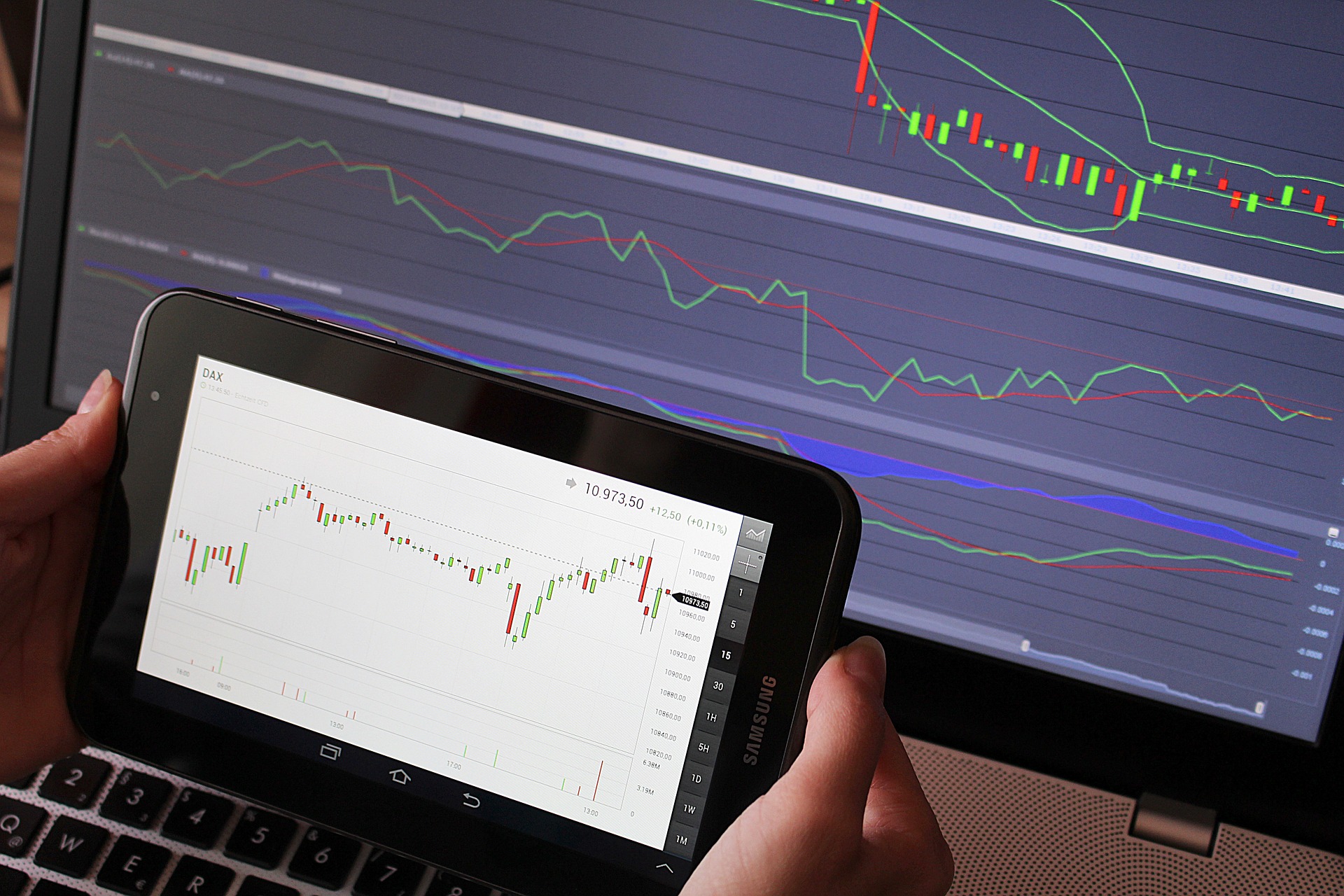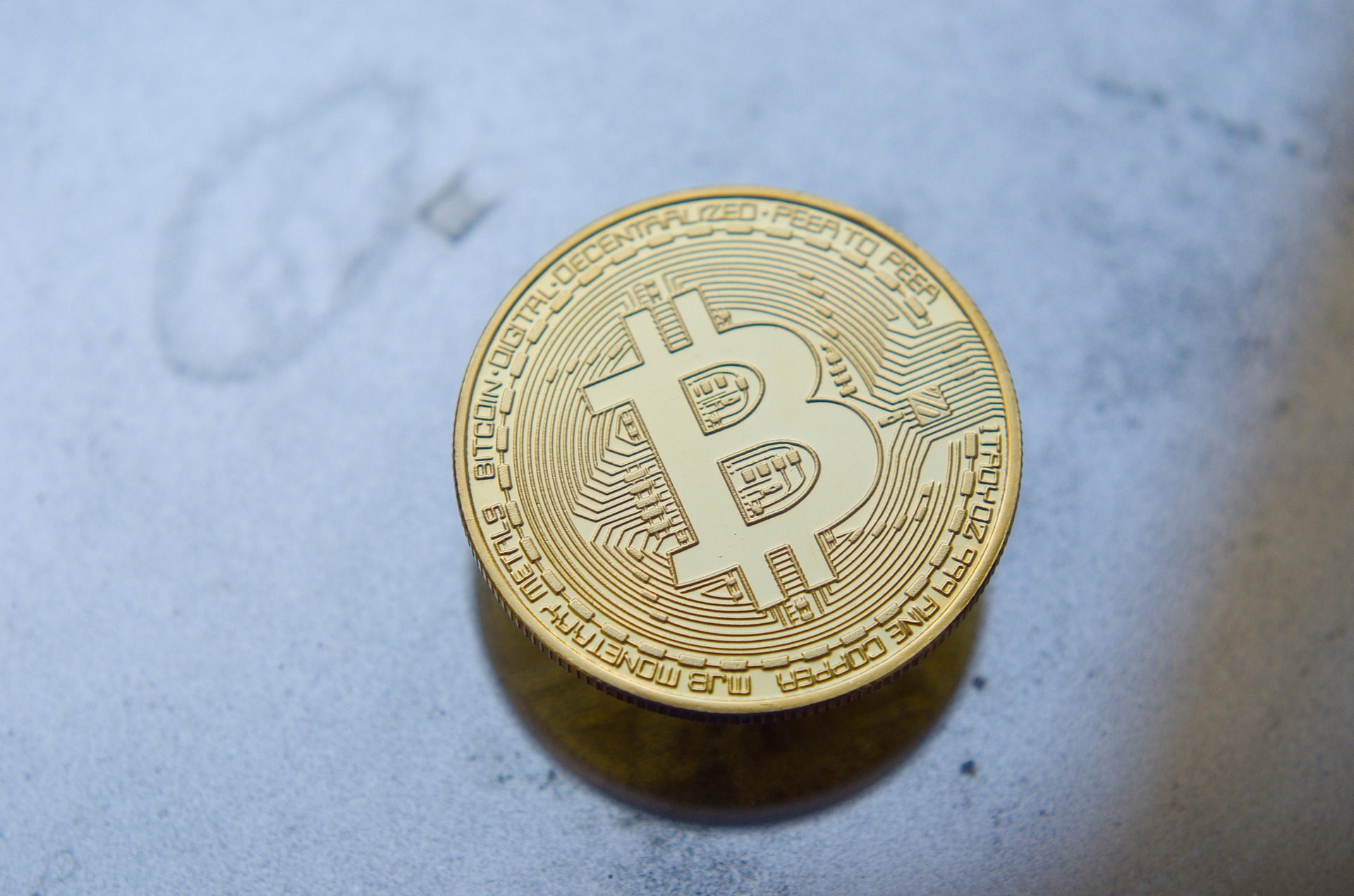
Forex Merchant Accounts? It’s Easy the Smart Way
Dec 5, 2018
Forex merchant accounts are must-haves for operators with customers transacting on their trading platforms. Foreign exchanges have been established for decades. Now with the recent introduction of cryptocurrency, this space has become even more exciting for operators and traders alike.
Given that Forex (and cryptocurrency) exchanges are high risk, some operators face challenges. One issue is finding secure bank and merchant accounts. They must adhere to strict requirements. And sometimes they are faced with conditions other low risk businesses typically do not experience.
If you’re applying for your first or an additional forex merchant account, keep reading this blog post. We will touch on some key strategies to help you manage challenges. And, provide insight to improve your performance and safeguard your MIDs.
Forex Vs. cryptocurrencies
According to FXCM, the market has a daily trading volume of over $5 trillion making it the world‘s most liquid market. Popularity of both forex and crypto exchanges is driven by various factors that include a developed trading community, technological advancement, and remarkable ease of access among others.
Most industry experts understand a foreign exchange is a global market where different currencies are traded. Alternatively, a crypto exchange platform allows buying and selling of various virtual currencies either using fiat like Bitcoin, Ethereum, Litecoin, or more altcoins. This facilitates fantastic opportunities in the market!
Forex and crypto trade in different regions

Although Forex is legal in both Europe and the US, merchants in the two regions experience slight differences. A broker in Europe is expected to have about USD $100,000 to $500,000 in locked capital to be licensed. In the US, the National Futures Association (NFA) requires brokers have USD $20 million to operate. Significantly reducing the number of legal forex operators in the world’s largest economy to five.
Clearly, the US is stricter when it comes to both forex and cryptocurrency exchanges compared to Europe. Both regions have been cautious about virtual currencies. However, Europe has been friendlier and has allowed Bitcoin exchanges to operate in the area. The US has taken a protectionist approach that has hindered the growth of technology in the country.
Europe is more favourable to forex merchants
In the wake of the 2008 Financial Crisis, President Obama signed the Dodd-Frank Act into law. The principal aim of this measure was preventing future economic collapse. The law sought to enhance forex regulation. It introduced some requirements like the registration of swap dealers and important swap participants among others. This changed the way people trade. Since then, it has become easier for Americans to deal with offshore forex brokers like those in Europe compared to local ones.
To reach foreign markets, forex operators need offshore merchant accounts. Pursuing additional secure payment options in Europe enables more flexible processing than in the US.
Forex merchant accounts and payment processing
In the last 10 years, technology has represented a leading role in advancing payment processing for merchants. Because of the global nature of forex, fast and efficient payment processing methods have enhanced the adoption of the latest technology in the sector. E-wallets, debit and credit cards have replaced bank wire, cheque, Western Union and local deposits as the most popular form of transacting. The new methods are fast supporting instant transactions.
Bitcoin’s increased popularity has enhanced the growth of crypto currency exchanges recently. As a Bitcoin and blockchain enthusiast I, like many people, love crypto as it’s decentralized and efficient for cross-border transactions.
You would think that with forex being a highly popular industry – going back decades – that acquiring banks are eager to board new business. But that’s not always the case.
Trading forex (just like travel, subscription, dating and nutraceutical industries) is considered a high-risk business. When applying for a merchant account with an acquiring bank, you will likely be asked to present a license. Whether it’s a license in the UK, Cyprus or Estonia, any jurisdiction in the EU will work. Operating without one makes an application process all the more challenging.
What do forex merchants need to get started?
Besides being a regulated foreign exchange, a business presence in Europe is necessary. If you already have a corporate and legal location, your next step is showing an acquiring bank the profitability of your business. You will need three to six months of processing history with low chargeback rates. If statements are unavailable, options like adding 3D secure to your checkout process may entice a bank to give an approval.
Severe cases of fraud and chargeback rate common in the sector can see highly profitable businesses record considerable losses. This is one of the primary reasons for merchant account termination. Forex operators must be keen to remove suspicious activities invariably leading to revenue loss.
DirectPayNet has helped merchants resolve some of these issues. One solution involves migrating to 3DS2 to reduce fraud and risk while at the same time not compromising your conversions. Applying these and other remedies ensures you have an amicable relationship with your payment provider despite being a high-risk merchant.
How forex merchants can promote their business
Nowadays, both forex and crypto exchange merchants can easily promote their platform. Affiliate marketing is one of the better methods as it has high reward and low risk if used effectively. Social media networks are a little trickier.
Promoting forex on social media is normal; however, up until this past summer Facebook banned crypto currency ads. The social network has reversed its decision, but considering all the criticism Facebook has received regarding the last US election, tread carefully.
Marketers are also getting more creative with content marketing practices. For example, educational info products have engaged online consumers. Having a blog, an online course or other digital product offers another channel to attract new customers. Always ensure you are open to consumers and explain you are involved or have similar ownership to a forex business or website. Industry forums and similar sites have also proven to be powerful marketing places.
Regardless of the marketing methods chosen to promote, be cautious about fraud. For example, notable incidents of affiliate fraud will see you pay rogue partners affiliate commission and lose revenue through chargebacks. This is especially true if stolen or lost credit cards are used, which the legitimate owner later disputes. If neglected, your acquiring bank will close your merchant account.
Make your next move
As we have stated time and time again on this blog, credit card networks and payment providers categorize certain businesses as high risk. Consequently, they must be prepared to fulfil some conditions when applying for a merchant account. Even if foreign exchange trade is legal and has been established for years.
At DirectPayNet, our team has engaged in boarding businesses across various sectors for over a decade. Landing merchant accounts for a multitude of companies in medium to high-risk industries is our specialty. No two forex merchants are alike. We deal with each case individually to provide our clients with the best payment solutions.
Forex merchants shouldn’t be in the dark about the condition of their merchant account. Call DirectPayNet for one-on-one assistance with managing fraud risks and keeping a successful MID.





1 thought on “Forex Merchant Accounts? It’s Easy the Smart Way”